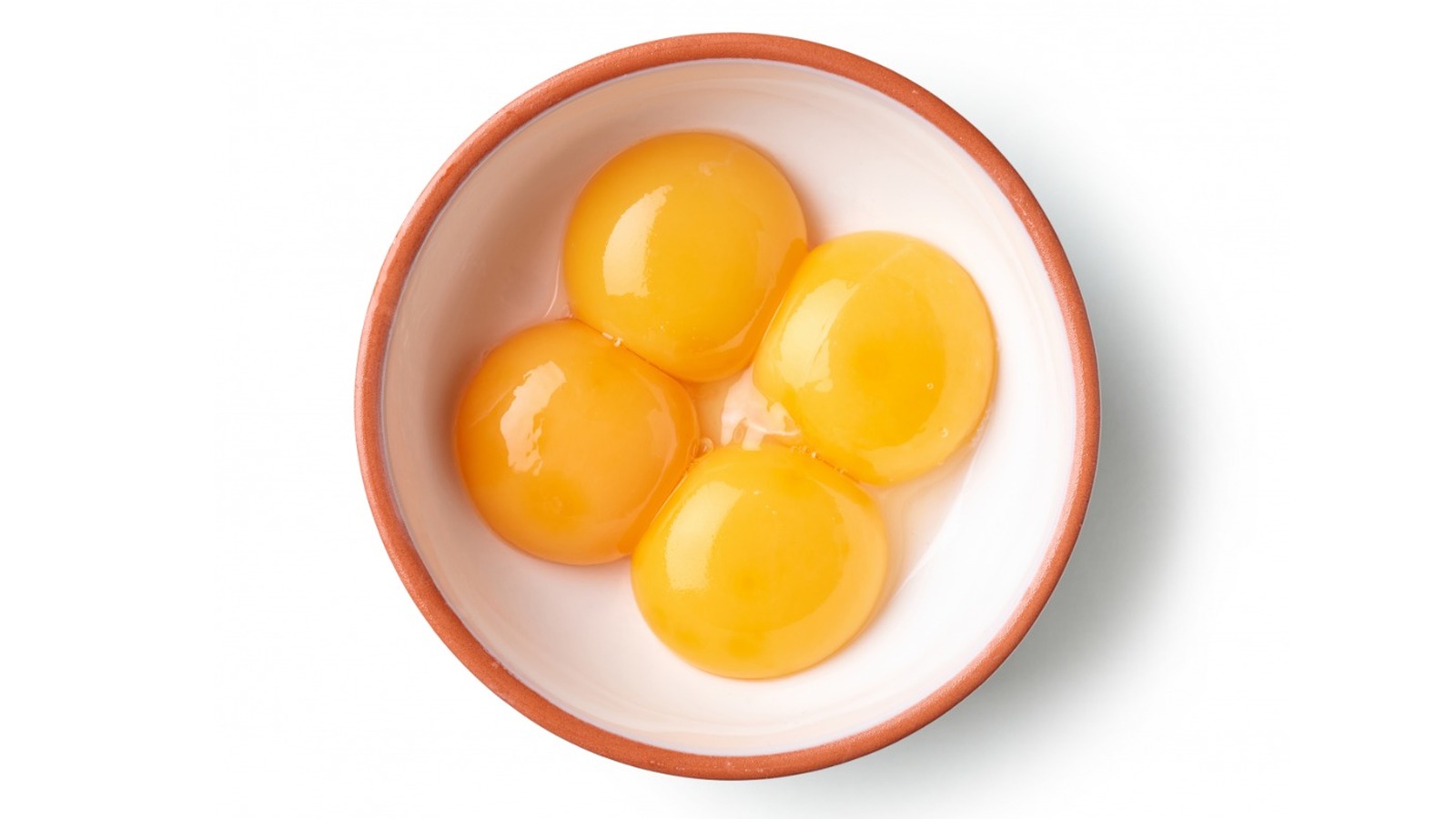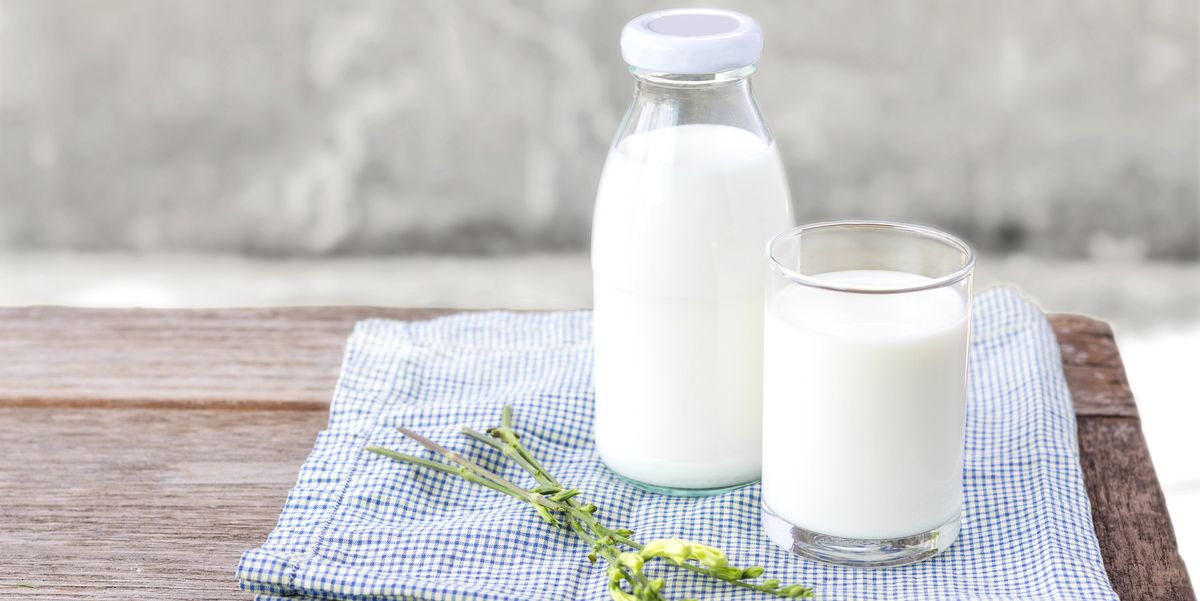Hello and welcome to this post on the top 5 foods rich in vitamin D for kidney health. Vitamin D is a vital nutrient that helps to regulate calcium and phosphorus absorption, maintain bone health, and reduce the risk of kidney disease. In this post, we will be discussing the best food sources of vitamin D that can promote kidney health. Whether you're looking to maintain healthy kidneys or prevent kidney disease, these foods can be a great addition to your diet. So, without further ado, let's dive into the top 5 foods rich in vitamin D for kidney health.
1, Fatty fish.
Fatty fish are an excellent source of vitamin D, which plays a critical role in supporting overall health, including kidney health. Vitamin D is important for regulating the absorption of calcium and phosphorus, maintaining bone health, and reducing the risk of kidney disease.
Salmon, mackerel, and tuna are all types of fatty fish that are particularly rich in vitamin D. For example, a 3.5-ounce serving of salmon can provide between 360-600 IU of vitamin D, depending on the type and preparation. This is more than the recommended daily intake of vitamin D for most people.
In addition to being high in vitamin D, fatty fish are also rich in omega-3 fatty acids. Omega-3s are a type of healthy fat that can help to reduce inflammation in the body and promote overall health. Consuming fatty fish regularly has been linked to a reduced risk of heart disease, stroke, and certain types of cancer.
It's important to note that some types of fish, particularly larger predatory fish like swordfish and shark, can contain high levels of mercury and other contaminants. It's best to choose fish that are lower in mercury and other contaminants, such as salmon, mackerel, and tuna. You can also opt for wild-caught fish instead of farm-raised, which may contain higher levels of contaminants.
Overall, including fatty fish in your diet a few times per week can be an excellent way to boost your vitamin D intake and support your overall health, including kidney health.
2, Egg yolks.
Egg yolks are another good source of vitamin D, making them a convenient and affordable option to incorporate into your diet. One large egg yolk provides around 44 IU of vitamin D, which is about 6% of the daily recommended intake. However, it's important to note that the vitamin D content of eggs can vary depending on factors such as the hen's diet and exposure to sunlight.
Egg yolks also contain other nutrients that are important for overall health, including choline, which is essential for brain health, and lutein and zeaxanthin, which are important for eye health. While eggs have gotten a bad reputation in the past due to their cholesterol content, research has shown that moderate egg consumption is not linked to an increased risk of heart disease in healthy individuals.
If you're looking to increase your vitamin D intake through egg yolks, you can incorporate them into your diet in a variety of ways. For example, you can make a breakfast omelet or frittata with eggs and vegetables, or add a hard-boiled egg to a salad for a protein boost. However, if you have high cholesterol or a history of heart disease, it's best to limit your egg yolk consumption and talk to your healthcare provider about the best approach for you.
3, Mushrooms.
Mushrooms are a unique food source of vitamin D, and certain varieties can provide a significant amount of this essential nutrient. Some types of mushrooms, such as shiitake and portobello mushrooms, are exposed to UV light, which increases their vitamin D content.
A 3.5-ounce serving of shiitake mushrooms can provide around 100 IU of vitamin D, which is about 12% of the recommended daily intake. Portobello mushrooms can also be a good source of vitamin D, with a 3.5-ounce serving providing around 400 IU of vitamin D when exposed to UV light.
Mushrooms are also low in calories and high in antioxidants, fiber, and other beneficial nutrients. They can be a versatile ingredient in many different dishes, such as stir-fries, soups, and salads. You can also grill or roast them as a flavorful side dish.
It's important to note that not all mushrooms are good sources of vitamin D. Only certain types that are exposed to UV light will have significant amounts of this nutrient. Additionally, mushrooms should not be relied upon as the sole source of vitamin D, as the amount provided can vary depending on growing conditions and other factors.
Overall, incorporating vitamin D-rich mushrooms into your diet can be a great way to boost your intake of this essential nutrient and promote overall health.
4, Fortified dairy products.
Fortified dairy products, such as milk, yogurt, and cheese, are another excellent source of vitamin D. These products are fortified with vitamin D during the manufacturing process to help increase their nutritional value.
A cup of fortified milk can provide between 115-124 IU of vitamin D, which is about 14-16% of the daily recommended intake. Other fortified dairy products, such as yogurt and cheese, can also be good sources of vitamin D.
In addition to being a good source of vitamin D, dairy products are also high in calcium, which is important for bone health. They also contain other important nutrients, such as protein, vitamin A, and potassium.
It's important to note that not all dairy products are fortified with vitamin D, so it's important to check the label before purchasing. Additionally, if you're lactose intolerant or allergic to dairy, there are other fortified non-dairy milk alternatives available, such as soy milk and almond milk.
Overall, incorporating fortified dairy products into your diet can be a convenient way to increase your vitamin D intake and support overall health.
5, Fortified plant-based milk.
Fortified plant-based milk, such as soy milk, almond milk, and oat milk, are a great option for individuals who are lactose intolerant or have a dairy allergy, and also looking for a vitamin D-rich alternative.
One cup of fortified soy milk can provide up to 110 IU of vitamin D, which is about 14% of the daily recommended intake. Other fortified plant-based milk, such as almond milk and oat milk, can also be a good source of vitamin D.
In addition to being a good source of vitamin D, plant-based milk alternatives are often low in calories, fat, and cholesterol. They are also naturally lactose-free, making them a suitable option for individuals who are lactose intolerant or have a dairy allergy.
It's important to note that not all plant-based milk alternatives are fortified with vitamin D, so it's important to check the label before purchasing. Additionally, some plant-based milk alternatives may not provide the same amount of calcium and other nutrients as dairy milk, so it's important to choose fortified options or to supplement your diet with other sources of these nutrients.
Overall, incorporating fortified plant-based milk alternatives into your diet can be a convenient way to increase your vitamin D intake and support overall health, particularly if you are unable to consume dairy products.
That concludes our post on the top 5 foods rich in vitamin D for kidney health. Remember, getting enough vitamin D is essential for maintaining healthy kidneys, and incorporating these foods into your diet can be a great way to boost your intake. However, it's important to note that getting enough vitamin D can be challenging, and you may need to consider taking a supplement or getting enough sun exposure to meet your daily needs. As always, consult with your healthcare provider to determine the best approach for you. Thank you for watching, and we hope this information was helpful to you. Don't forget to like and subscribe to our channel for more informative content like this.





Comments
Post a Comment